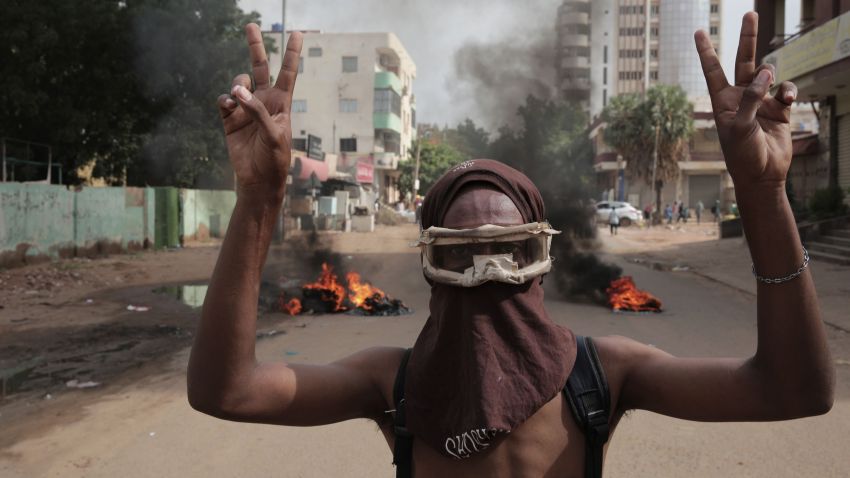Next month will mark the one-year anniversary of Sudan’s military coup, which toppled the transitional government created in 2019 after the overthrow of longtime dictator Omar al-Bashir. Almost a year after Gen. Abdel Fattah al-Burhan, Sudan’s military chief, announced what he described as his “corrective measures,” the country is faced not just with a stalemated transition but also a chaotic, paralyzed political landscape.
Security has worsened in Khartoum, Sudan’s capital, and elsewhere across the country since the military seized power. Sudan is currently faced with its worst economic crisis in decades, as the price of basic goods and services has increased dramatically due to record-level inflation. But the main challenge the country faces is the prospect of institutional collapse, which will not only derail the democratic transition but risks state failure. Sudan’s state institutions are crumbling under the weight of elite mismanagement and public expectations, and the country’s political actors as well as the international community must grapple with the severity of the ongoing crisis before it spirals further out of control.
When Burhan deposed the transitional government’s civilian members, including former Prime Minister Abdalla Hamdok, it was believed that he would move quickly to replace them, if even with more pliant officials. But those expectations never materialized. Burhan stated after the October 2021 coup that he would appoint a civilian government with a limited mandate to oversee the remaining transitional period, with a view to holding elections in 2022. But those steps were delayed because of the United Nations-sponsored mediation process between the Sudanese military and the civilian officials ousted by the army.

